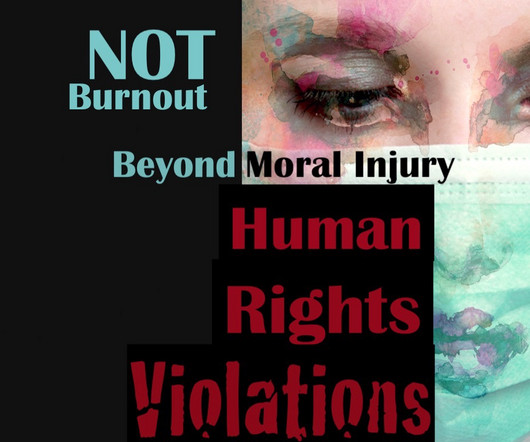Position Statement on Measurement Based Care
Integrated Care News by CFHA
MAY 19, 2025
Rather, it is an evidence-based, collaborative process that mirrors the well-established framework of using physical symptom monitoring (e.g., vital signs, bloodwork laboratory findings, and other physical test data) as a means of guiding care over time. MBC is much more than simply administering behavioral health measures. 3, 5, 6) b.












Let's personalize your content